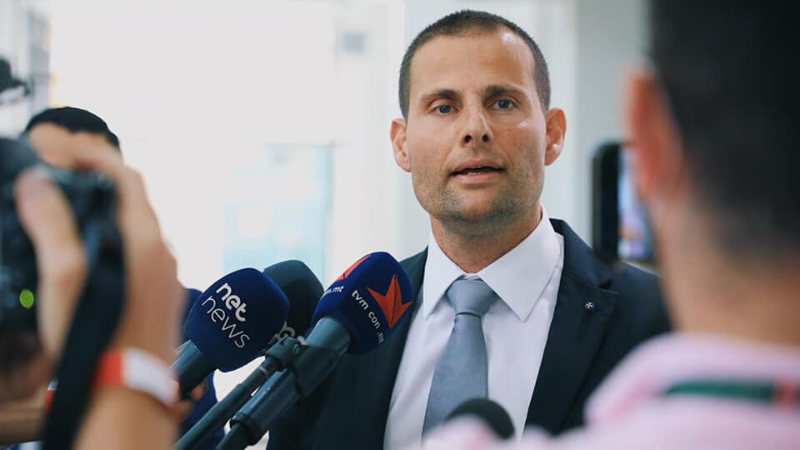Reporters without Borders has said that public funding for media must not discriminate and must be based on transparent and objective criteria.
The international organisation’s reminder comes after an official announcement from the Office of the Prime Minister that a €500,000 fund will be used to support the work of printed newspapers and to cushion the impact of a rise in printing and paper prices.
In the statement, the government said that Maltese printed journalism had been “impacted by the current extraordinary circumstances, in addition to the major challenges already being experienced by this sector” and that “the role of the newspaper as an integral part of contemporary media, and its key role as a strong instrument of democracy. In view of this crucial role, the government will be stepping in and assisting the sector accordingly”.
#Malta: The government has announced a €500,000 fund to support print media due to rising paper prices, as a @Europarl_EN mission examines this week #pressfreedom in the country. The public funding must not discriminate any media & be based on transparent & objective criteria. pic.twitter.com/V4zS8ekssc
— RSF (@RSF_inter) May 23, 2022
Apart from stating that Maltese newspaper publishers employ around 66 journalists full-time together with several part-timers and issue 14 different newspapers between them, published daily, weekly and on Sundays, no further details were given about the fund or the criteria the government plans to use to distribute the money.
RSF’s observation comes just as a delegation of six MEPs will be visiting Malta on 23 – 25 May to ‘take stock of the latest developments and to assess rule of law reforms since the murder of Daphne Caruana Galizia’.
The visit, which was organised “upon the recommendation of the Monitoring Group on Democracy, Rule of Law and Fundamental Rights,” is the second trip to Malta made by a European Parliament delegation since the killing of Daphne Caruana Galizia on 16 October 2017.
In a brief press statement announcing the visit, the European Parliament’s delegation stated that it will be assessing Malta’s efforts to enact judicial and anti-corruption reforms and ensure the safety of journalists, along with an assessment of Malta’s reluctance to let go of its golden passports scheme.
Upon announcing the funds for print media, Robert Abela stated on social media that the “Maltese government will continue to support journalism and its important role”. Yet to date, the only recommendation of the public inquiry findings was the appointment of the media experts committee that was put together without consulting the opposition and without taking up the offer of technical assistance of several international press freedom organisations.
In a meeting with newspaper publishers & the IĠM on the increased costs faced by the sector due to intl events, we agreed to allocate a significant sum to support the work of printed journalism in #Malta. @MaltaGov will continue to support journalism & its important role. – RA
— Robert Abela (@RobertAbela_MT) May 21, 2022
Moreover, the committee had no say in drafting the proposed legislation for media reform but instead was handed a set of draft laws and was given three months to comment on them.
Several international press freedom organisations that have analysed the reforms have stressed that they would like to see transparency and meaningful consultation throughout this process, in particular with press freedom iNGOs, the Council of Europe and the Organization for Security and Co-operation in Europe (OSCE) and that the government’s press freedom proposals have “a long way to go.”













Shady business needs the dark.
Transparency not only for the Media.
We need it everywhere where money is involved.
Transparency is just the first step to be a normal country.
BTW: The Population of Malta is nearly on place 100 of Europe for CITIES.
but THEY ACT LIKE BADLY BEHAVED CHILDREN.
Hustle, mafia-style.
‘Nice newspapers you have there – shame if something were to ‘appen to them…’